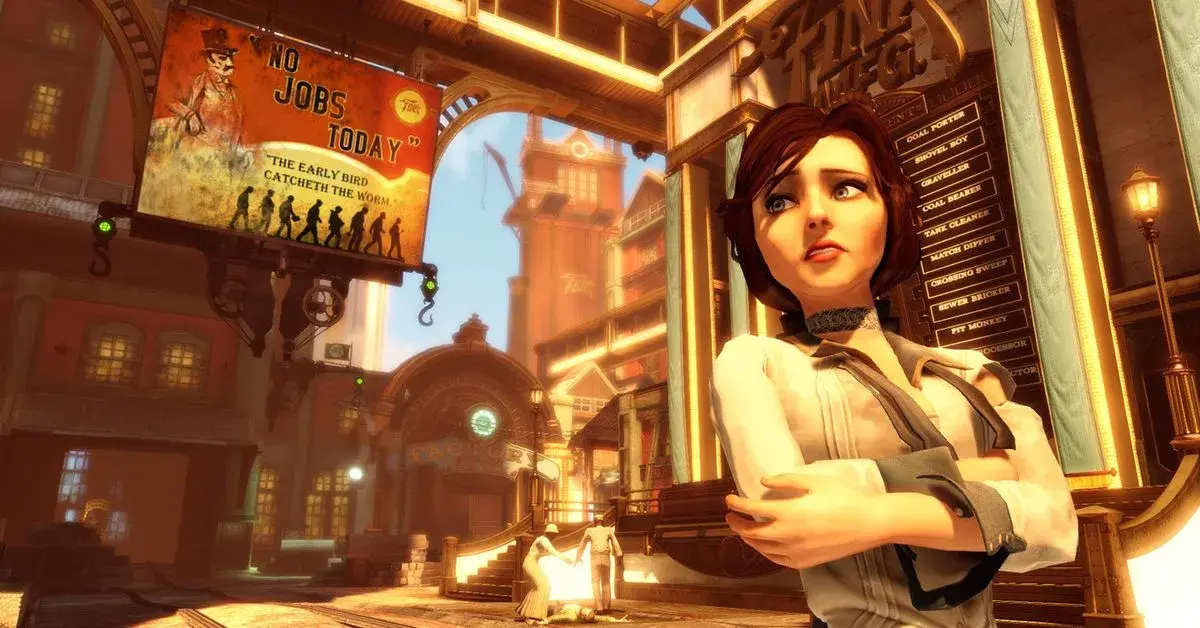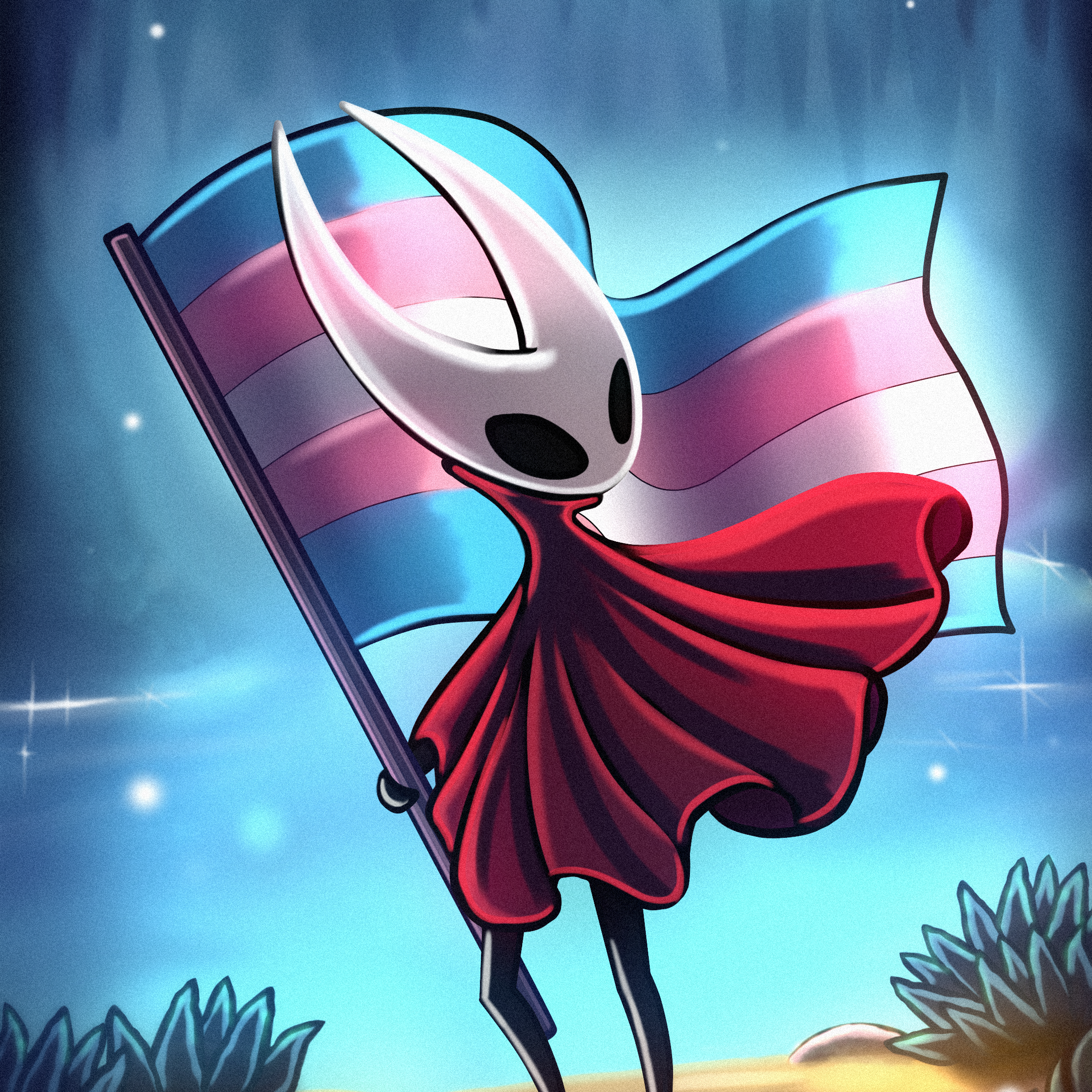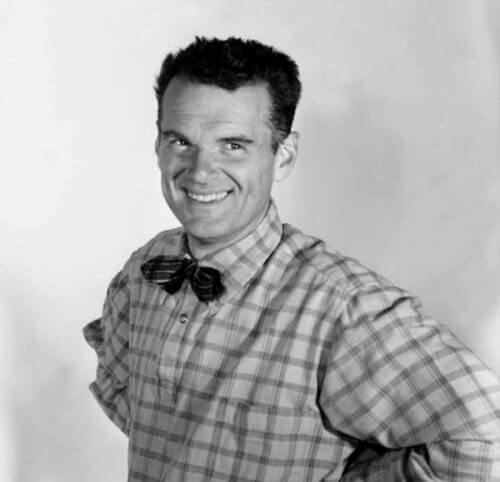Thought this was a fun article to read, wanted to share. I think it’s interesting that as societal and political views at large shift in the 2020s, it’s good to go back and reevaluate how narratives are portrayed even as recently as 2015.
FTA:
The crucible of how the game treats its profundity is in the relation between its white Founders faction, which is in power, and its rebellious Vox Populi, who are attempting to liberate the oppressed racial and political classes of Columbia. The player stands between these two forces, doing tasks for each in turn, eventually learning that both are insufficient in creating a good reality. As Chris Franklin highlighted in a recent video, this is a common refrain in projects that Levine has worked on: putting the player in the position of a mediating force between two extremes. The player can feel pulled, and compelled, toward different directions while ultimately being forced down a particular path. Playing as a character who is terminally in the middle of the road allows us to point fingers at any insufficiencies we see in the world around us — as King put it, “gamers like to feel smart,” and seeing the gaps of logic in the various worldviews on display can make us feel like clever social analysts. A player uses magic in their left hand while holding a gun in their right hand in a screenshot from BioShock Infinite.
From the vantage of 2024, it seems that one of the key problems of Infinite’s view from nowhere is infinity itself. No matter your viewpoint, Infinite seems to present you with some ideas that might align with your vision of the world and others that might challenge you. This is probably an admirable goal — art can give us perspectives on the world that we don’t yet understand, and that’s one of the many ways that creative expression can change us.
If there’s an issue here that generates the endless debates about whether Infinite is good, it’s that the game does not provoke us with a particular person’s, group’s, or ideology’s perspective. Instead, it just confronts us with the idea that many different ways of existing in the world are real, and any of them taken to their logical extreme will exclude all others. What produces the “both sides” problems of Infinite is a problem of imagination. Infinite is a universe of plural worlds, and if any of them takes over fully, everything goes bad.
Full disclosure, I was disappointed in the majority of the replies this got when I first posted it, and as a knee-jerk reaction I took it down. But I encourage you to at least read the quotes.
I’m happy you decided to repost this.
An article that discusses and re-examines if a game you like is good is not a personal attack.
I encourage anyone who thinks it is indeed a good game (hey I also enjoyed it back in the day) take the time to read the article and at least respond to the content posted.
It is absolutely fine to disagree with what the article is saying. And it’s fine if you don’t want to read it. But I don’t think it’s bee-ing nice to comment that you refused to read an innocent article because you disagree with the headline and it’s source. The article was posted to discuss its contents (as the body of the post pointed out). Not whether or not polygon is worthwhile.
If you don’t have anything nice to say, don’t say anything at all ya know?
<3 I appreciate you.
I really liked BioShock Infinite. I enjoyed the story, I enjoyed that it was a deviation from the previous two, I liked the characters and the dimension travel. I especially liked the “fake facade” of it all, versus the overt, grimy dystopia of Rapture (which was fine). It gets extra points for being playable with ReShade on solely a Ryzen 5600G.
I honestly felt it was weaker than both Bioshock and System Shock 2. It was stronger than Bioshock 2, but I mean… that doesn’t take a lot.
Both System Shock 2 and Bioshock built the game systems first and foremost to be fun and engaging, and then wrote an engaging story around those mechanics. Bioshock was literally taking dumbed down systems from System Shock 2 and rewriting a more engaging and thoughtful story around the familiar systems. Bioshock Infinite seemed much more like they had a story idea first and then tried to adapt Bioshock-esque gameplay hamfistedly stapled onto said story. The others feel like the gameplay came first, and the story evolved naturally to align with the gameplay.
Games like Neir Automata really show where a synthesis of game systems design and game story design are really important and become even more impactful to the story, and in this Bioshock Infinite failed in comparison to earlier installments in the series (and its spiritual predecessor, System Shock 2).
I feel like it’s hard to talk about Bioshock as a series at all without discussing System Shock 2, because that’s where Levine first pioneered his story with the engaging antagonist who speaks to you through a radio, and Bioshock is where he refined it into what comes close to literature. Bioshock Infinite marks a regression, more worried about the story that Levine wanted to tell than the gameplay to support it. Due to that the story falls flat, feels stilted, and Levine’s generic take of “everyone can be a bad guy” feels hollow, because it’s not backed up by compelling gameplay that supports it.
As McLuhan put it, “the medium is the message” and video games inherently work better through a synthesis of gameplay and story, without one dominating over the other. Games that lean too far in one direction or the other (Metal Gear Solid’s interminably long cut-scenes for instance) take you too far out of the gaming medium and too far into other, more detached mediums.
As McLuhan put it, “the medium is the message” and video games inherently work better through a synthesis of gameplay and story, without one dominating over the other. Games that lean too far in one direction or the other (Metal Gear Solid’s interminably long cut-scenes for instance) take you too far out of the gaming medium and too far into other, more detached mediums.
Absolutely banger take, I agree completely. Games have a difficult needle to thread, unlike a book or movie that can be strictly narrative-based, a video game has to somehow give the player enough agency while taking it away to allow the story to progress. And now I have DND on the mind again.
I’m reminded of a comment my older brother made about Final Fantasy X, all those years ago. He described it as basically playing a movie. Go figure, I liked the cutscenes!
I came back because I read a bunch about Levine’s new game, Judas… and it sounds like his approach to Judas is exactly what I’m asking for.
He talks about “narrative legos” a lot while developing this game, and I think that’s the kind of thing he really needed to implement to be able to tell the story he actually wanted to tell.
I found one interview (already forgot which one) where he described Bioshock Infinite’s linear story as holding him back, and that’s part of why it’s a weaker installment, because it can’t change the story in response to your actions. That’s clearly what Levine was trying to do with stuff like the choice of harvesting of the Little Sisters or not, or in Infinite, choosing to be a racist piece of shit or not. He was held back technologically, and I think the “narrative legos” idea is why Judas languished so long in development hell.
Here’s hoping Levine learned his lessons this time around.
I never played BioShock 2 or Infinite, but I watched full playthroughs of each, and I thought infinite was great! Different to be sure in most ways, but it was a neat expansion of the world and themes hinted at in the first two games.
I seem to remember a lot of sideline criticism when it came out that boiled down to “NPC sidekick not love interest but hot so I don’t like game”. I thought, and think that is ridiculous, and fortunately I think that criticism has faded with time because Elizabeth is such a positive part of the game, from my view.
I should play through the BioShock games…
I enjoyed Bioshock Infinite a lot back on the Xbox 360. The whole city in the clouds but also it’s the early 20th century setting was really attractive to me, and I enjoyed it pretty much throughout. Elizabeth being an actually useful NPC sidekick that you don’t have to do endless shitty escort missions for was a great move. I don’t understand the hate it gets after a few years have passed.
It was criticized when and after it came out, so it isn’t something that’s come up recently. But as you mentioned, there were some praises as well, as NPC escort missions were a bane in gaming at the time and this game did get praise for Elizabeth for that.
However, much like the comment “the medium is the message”, I think also Bioshock was a series that was very close to people’s hearts and they had a specific idea about what exactly made it feel like that atmosphere. My stance has always been, Bioshock Infinite is a phenomenal game that isn’t quite Bioshock, and there’s nothing wrong with that, but it’s like… It’s like the entirety of the series Metroid, and then Other M. Had Other M been literally any other name and character, it would have been a perfectly fine game.
But since it, and Bioshock Infinite, are tied to their namesakes, staying in line with that atmosphere that they create is imperative for a fanbase. For all of the faults that Bioshock 2 had, they still nailed the thematic portion of the world that appealed to so many people in Bioshock 1. They’re dark, gritty, a musk of musty air fills the entirety of the game and characterization. They’re also quite creepy, with that setting on top of the insanity and tight enclosed spaces under the oppression of the ocean.
Bioshock Infinite seems to abandon that thematic element almost entirely. And mind you, they did the bright and airy world very well, I can only imagine what it would have been like if they had been able to complete the entirety of their vision! I suspect something like Legend of Zelda: Tears of the Kingdom size was always the goal, given all the details shared about what they had to cut out.
That tonal shift I am almost certain is a majority of the cause for the issues with Bioshock Infinite - as this was the sentiment I gathered upon release and the coming years. It was two-fold though too, because by changing the nature of the tonality of the game, the gameplay itself seemed to be “brightened”, maybe in an attempt to make it more accessible, maybe to make it more engaging, but it seems pretty commonly agreed that Bioshock Infinite is just easier. The puzzles seemed toned down (IMO almost more of a point a -> point b puzzle), and while yeah the ending was a very well done version of this, I think many also felt like it somewhat removed the agency the players were struggling with, just to toss in a “you have and always will be” multiversal moment.
Anyway, all this to say, these aren’t explicitly my opinions on Bioshock, I’m just an analyst. I enjoyed most of Bioshock Infinite, but it is clear to see that there is a difference in the show-don’t-tell of Bioshock and the tell-show-tell of Bioshock Infinite. I actually am able to replay Infinite, where I have a hard time replaying 1 and especially 2, just because they’re so goddamn scary for me, lol. Much of the gameplay of Infinite is also just slightly more modern, with 1 and 2 just being slightly slower and clunkier without the movement option of the grappling hook.
I think another way of putting this is to look at an entirely different game, We Happy Few. It seems to me that We Happy Few wanted to make the atmosphere of Bioshock 1 but with the brighter narrative style of Bioshock Infinite, which inevitably resulted in the clashing of those two themes. In the case of Bioshock Infinite, it is that very same clashing of themes which I think heavily affected the players perception of the game. Again, had it been named, like, “Sky Cultist: Enigma” or something like that, it would have been perfectly well received and would have maybe even gone down in gaming history positively. Instead, it was tied to Bioshock and is kinda seen as “it’s good but meh” as a byproduct of such a drastic shift. I also think the desire to go from sea to sky is just a little cheesy, and while it was done well enough I’m also sort of hmmmeehh on that whole side of it. Fun areas to play in, but… not very Bioshocky, even with the steam punk elements.
Which is too bad. It had many technically good qualities about it, from the story arcs, from memory I feel like the pacing was pretty good, I remember the gameplay early and mid-way being fun although I do feel like I remember just a little bit of bullet spongeyness and resource/ammo collection mid-late sections of the game. Obviously the ending was quite good, and I really enjoyed the cult story. However, the bright sky world is very contrasting to the murderdeath cult and gore of it all, and I personally wasn’t as big of a fan of the thematic shift, both in the overworld but also in the march towards the Industrial Revolution. It just felt so out of place to me (specifically the Patriots, or maybe I just hated fighting so many of them) considering we had this entire underwater industrial complex in Rapture. However this is alleviated somewhat by the ending of Infinite, since these are all infinite possibilities oooooohhhh the name makes sense nowwwww!
So yeah, all in all I think it turned a bit underwater espionage revealing the secret project to the world to floating cult investigation revealing the… secret project to the world.
The first game I played that really wanted to talk about racism and it decided to spend it’s time saying is “black people can be bad too”. I didn’t think much of it then and I don’t now.
They could figure this out more easily by simply playing the game and deciding if they enjoyed it or not.
For me, the game was very boring and lacked any real challenge. I found myself forcing myself to beat it around halfway through, which did not add to the fun.
Was confused for a second there, the title doesn’t specify that the article is about Infinite, so for a minute I thought we were discussing the first game, or the franchise in general.
The first game obviously has a lot to say where rampant freedom is concerned. You might consider it anti-capitalist, but really it’s anti-anarchy, if anything.
I always found the games to be more potent as a starting point for tackling the bad shit a lot of humans will try to pull given power, but Rapture was twice the setting that Colombia was in that regard.
Rapture pulled me into Bioshock.
But Colombia didn’t pull me into Infinite. Booker and Elizabeth did.
As a cleverly written and somewhat complex personal story, Infinite shines. It’s got compelling characters that make you care, and then it puts those characters through the wringer in their search for contentment.
I cared a whole lot about where Elizabeth and Booker would end up, but I can’t say I ever spared Colombia at large a second thought.
Oh snap, thanks for catching that! I edited the title.
As a cleverly written and somewhat complex personal story, Infinite shines. It’s got compelling characters that make you care, and then it puts those characters through the wringer in their search for contentment.
That’s a great point I hadn’t considered, and can’t believe I hadn’t. Rapture felt like its own character to the story in a way that Colombia never really did, but it’s undeniable how well-done the characterization between them was.
And the “twins”. They were fun to run into every time.
Even Comstock, despite barely appearing, was a good villain in the way that he was used to flesh out Booker and the multi-universe plot.
So not really a villain at all, but a clever detail in Bookers detailed personal journey.
Infinite had tons and tons of detail and depth when it came to the characters. The audio logs in the earlier games all fleshed out Rapture.
In Infinite, they flesh out the characters and their lives.
I think the main drawback for me was how unlikable I found Booker and Elizabeth to be. It didn’t help that Elizabeth would start talking every time I tried to listen to a voxophone. I remember having to take a break from the game after attempting to listen to one 3 or 4 times, but she wouldn’t stop talking. I really like the gameplay though. I’ll boot up Infinite every once in a while to play Clash in the Clouds.
The game itself was for me mid - not good not bad, but the ending? I can’t believe no one mentioned it yet, that was the most impressive ending I’ve experienced in a game ever. Without spoilers, for those who played it, the piano notes and then darkness, I couldn’t believe it, it was so good.
Uhh I really enjoyed it
That’s great! I remember myself enjoying the gameplay a lot, and it ran surprisingly well on my PC at the time. Any thoughts beyond that, anything about the article specifically? The article isn’t over here saying, “This award-winning game was bad!” it’s more so trying to take a closer look at the story and themes of the game as a whole from a 2024 perspective and how our current world can reflect them. Though to be fair ™, it is definitely meant to be a click-bait article that’s part of a greater “Spicey Takes” section.
Was pretty obviously clickbait, so I didn’t read it, and still don’t plan to even after you provided that additional context. I’m afraid that I added all that I could, sorry.
Then why even comment? I’m sorry, I don’t understand. Have a good day!
Removed by mod
don’t do this
Huh Not sure what I’m not supposed to be doing
At this point just assume that anything even slightly not “wholesome” is going to be deleted by the mods here. I wouldn’t be surprised if this comment also got deleted for pointing that out.











